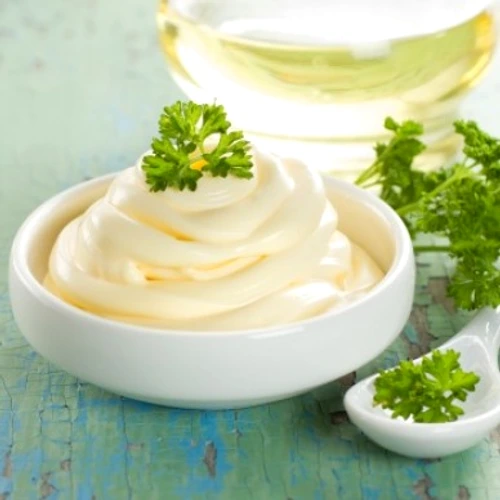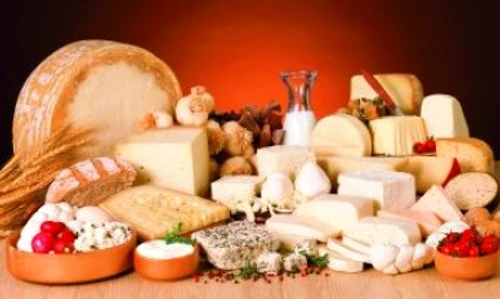
And even if these are the first holidays you spend with a baby in your belly, it doesn’t mean that you don’t have to enjoy all of this, just that extra attention is required. The goodies placed on the holiday tables are also for expectant mothers.
To find out if there are certain precautions or whether or not there are foods that are totally forbidden to pregnant women, I spoke with Dr. Andreas Vythoulkas, obstetrics-gynecology specialist, with super-specialization in infertility.
Eat traditional food in moderation
Sarmales, steaks, piftia, caltabosi, sausages, salads with mayonnaise, all contain a lot of fat, calories and often fall very hard on the stomach.
It is important to know that absolutely all meats must be very well prepared thermally. Undercooked meat can pose a risk of contamination with toxoplasmosis or listeia.
Pork steaks, as well as all other traditional dishes, are difficult to digest.
This is also the reason why Dr. Vythoulkas recommends using turkey or fish meat, also well-cooked. A single wire or two smaller ones and a single slice of steak are enough for a single meal, preferably at lunchtime, not in the evening, just so they can be digested more easily.
Find out everything you need to know about sex during pregnancy HERE
Avoid mayonnaise

Mayonnaise made according to the traditional recipe contains raw egg yolks. They are contraindicated to be consumed during pregnancy, as there is a risk of salmonella contamination. Commercial mayonnaise, although it is a pasteurized product, therefore safe for the health of the mother and fetus, also contains food additives, which is precisely why Dr. Vythoulkas recommends their moderate consumption.
You can prepare, instead, homemade mayonnaise, using boiled egg yolks, but pay attention to the quantity.
Attention to dairy consumption!

Noble cheeses, such as Brie, Camembert, and Gorgonzola, should be completely avoided throughout pregnancy, not just now, during the holidays, pointed out Dr. Vythoulkas. Products based on unpasteurized milk should also be avoided, they may contain the bacteria called listeria, which can endanger the fetus.
“Sweets such as muffins or chocolate cakes, marshmallows, ice creams, and biscuits are foods rich in carbohydrates. I recommend consuming them in moderation or replacing them with other lighter desserts, such as rice puddings, sorbets, or fruit salads,” said Dr. Vythoulkas for Click! Health.
Wines, even if they come from safe sources, strong drinks or champagne are not recommended for pregnant women. Any amount of alcohol passes through the placenta and reaches the fetus very quickly, affecting its development, which may be born prematurely or with a weight below normal. Water and homemade lemonades (sweetened, preferably with a little honey or agave syrup) are preferable.
The holidays are a reason for joy, even more so for a pregnant woman. But also a period of stress and agitation, more difficult to manage. That is precisely why they opt for a lot of rest and avoiding very crowded spaces, such as large markets or malls.

Dr Andreas Vythoulkas
Doctor Specialist Obstetrics-Gynecology
Specialization in Infertility, Bucharest
Contact: 021.9607
www.vythoulkas.ro






































